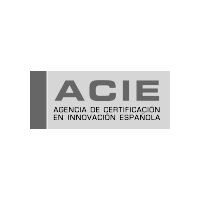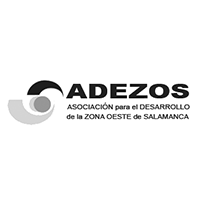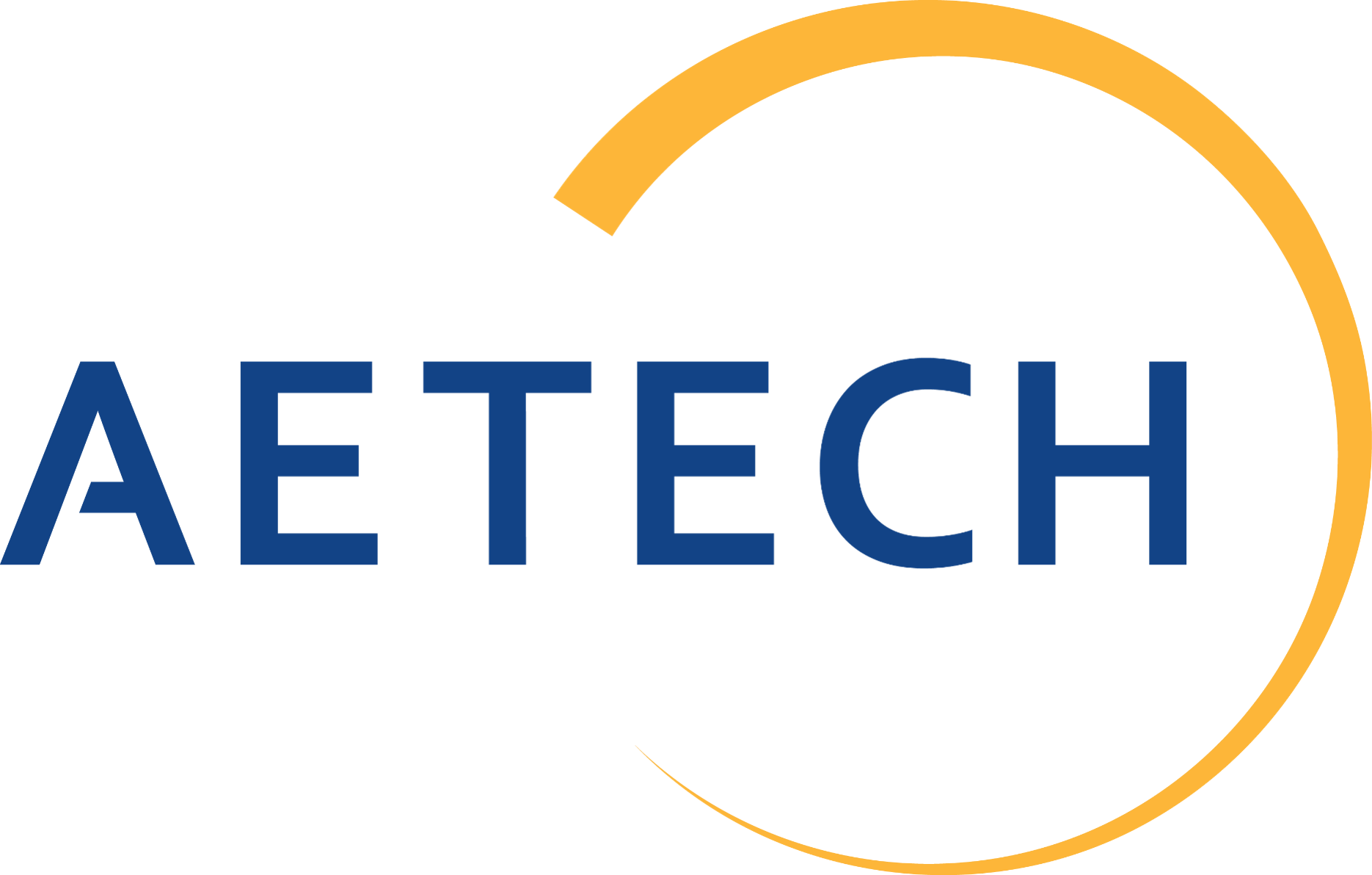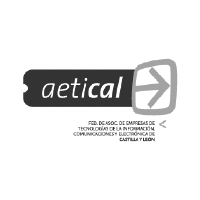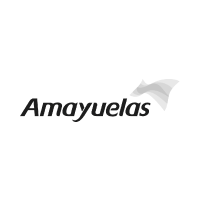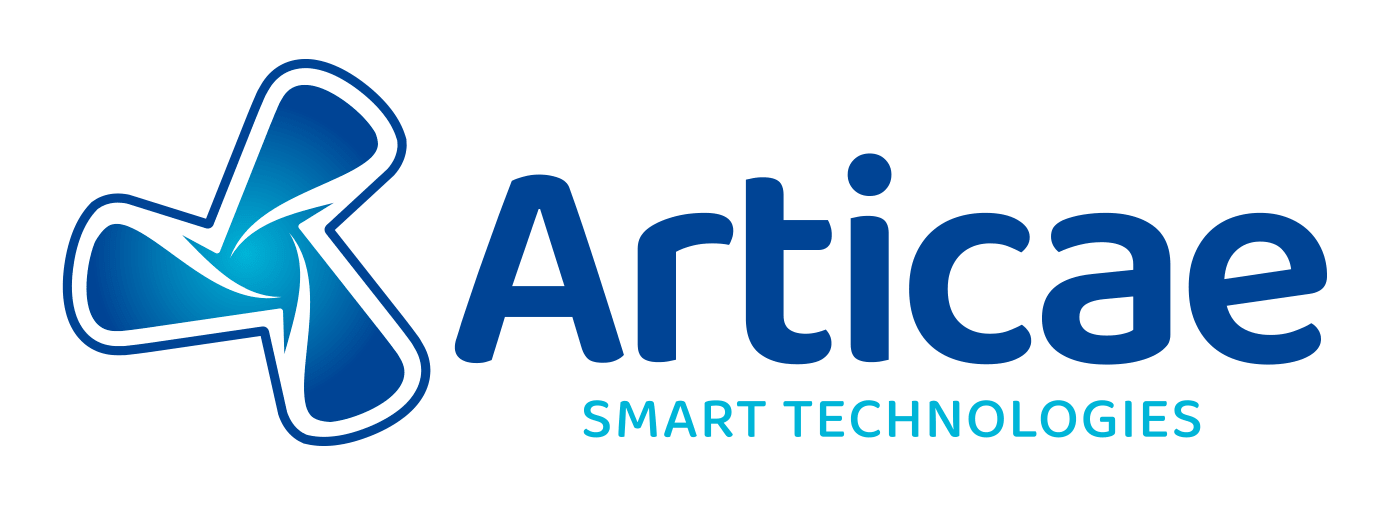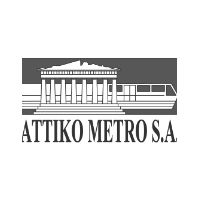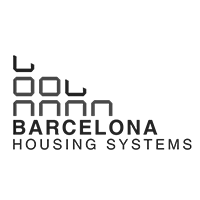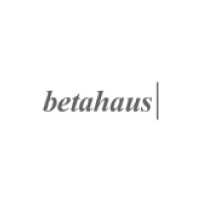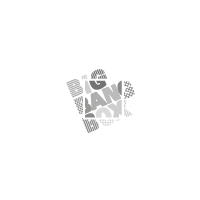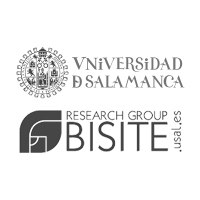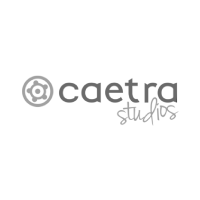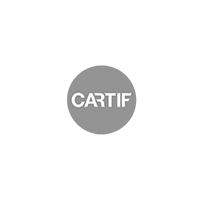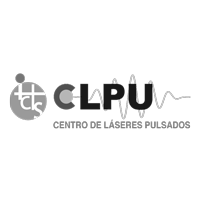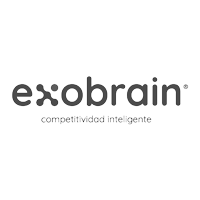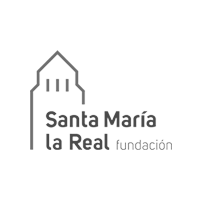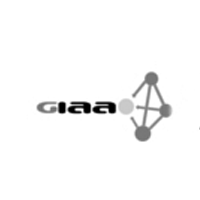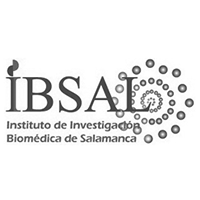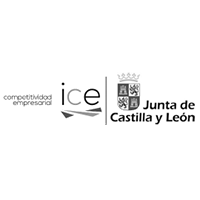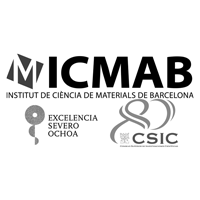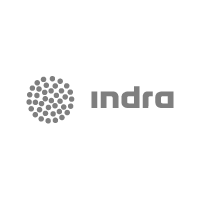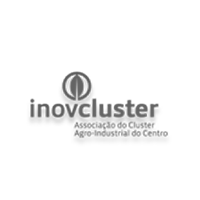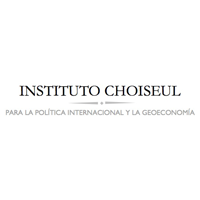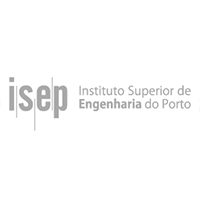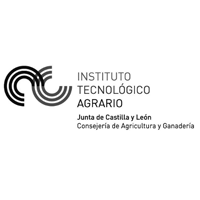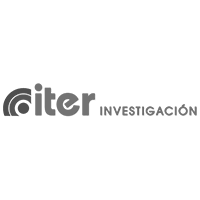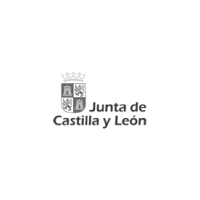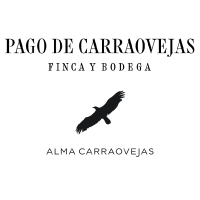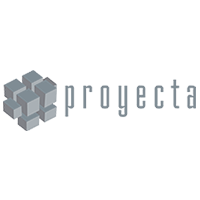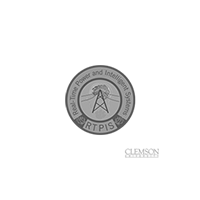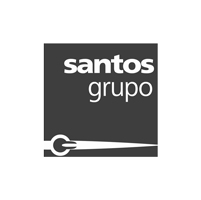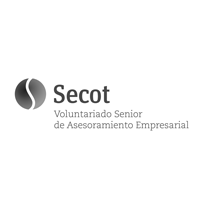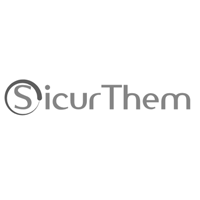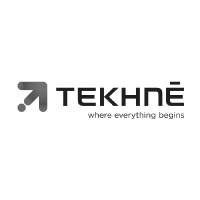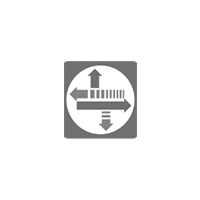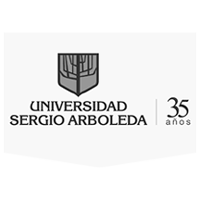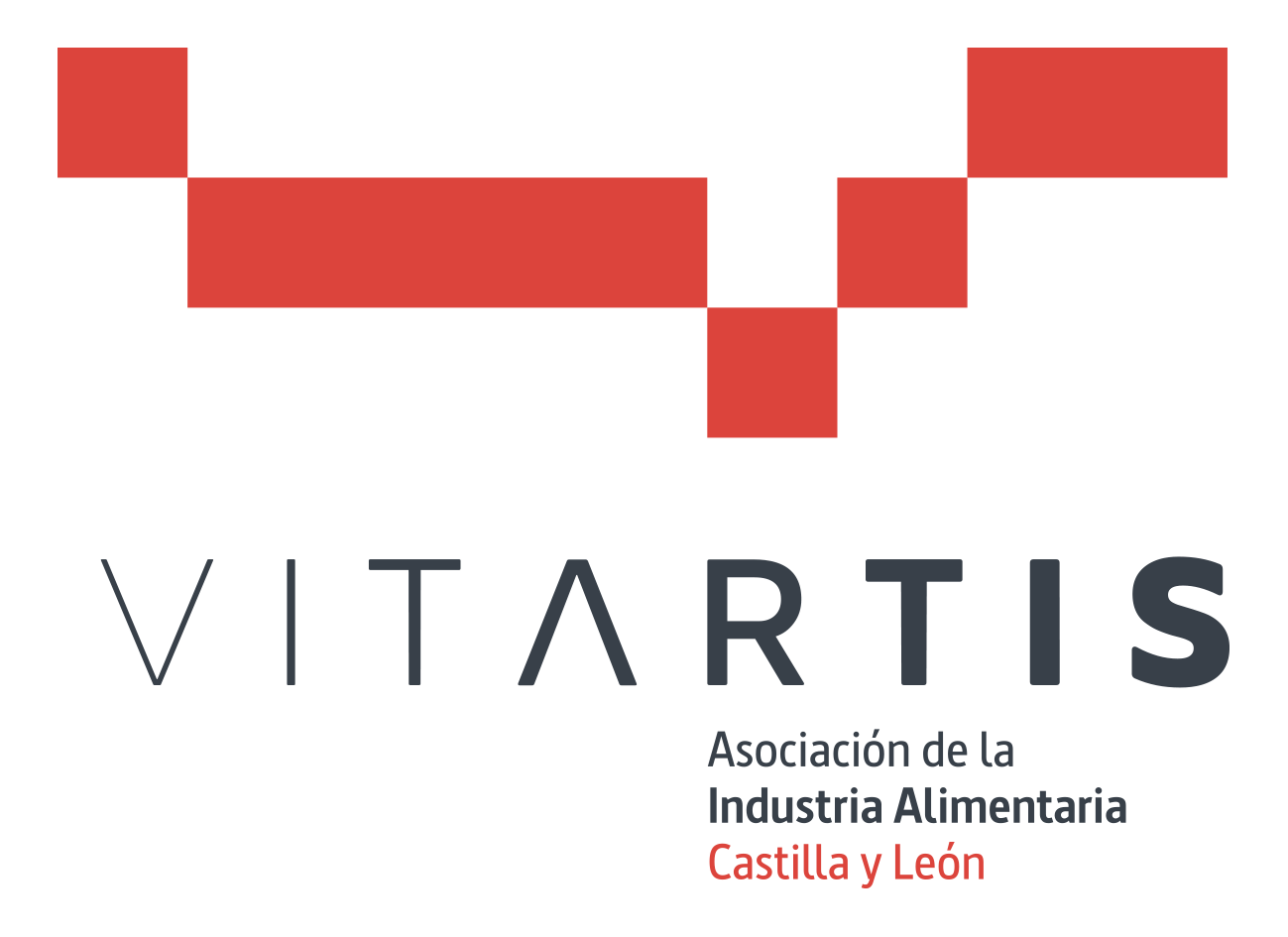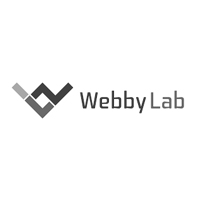Success cases
WALKIRIA
Smart system for the management of electric vehicles charging
Collaborators: Telecontrol STM. ITE, Zigor Corporation, Fenie Enegía, Amayuela, NOMANTICA
Suppliers of electric vehicle charging
A comprehensive smart system for the management of electric vehicle charging, in the context of a sustainable electricity network.
Solution:
A technological platform that will make it possible to implement all the corresponding functionalities, integrating the communications required to operate intelligent networks (with all the agents involved in the electricity supply) and various generation systems associated with micro-networks, such as mini wind, photovoltaic, Stirling engines, batteries and accumulators with different energy sources (V2G, railway braking, domestic cogeneration,...).
TABÓN
Smart System For Efficient Grounding Inspection
Collaborators: IBERDROLA ELECTRICAL DISTRIBUTION, S.A., IBERDROLA S.A., Amayuelas, ATISAE, Zabala Innovation Consulting EEA Grants and Technical University of Madrid
Solution:
The TABÓN project is an initiative to enhance the control of power lines, decreasing resources and obtaining more information about them. This is an improvement of efficiency in managing and a reduce in environmental impact.
Electrical systems, in particular, ground systems, are characterized by their great dynamism when it comes to measurement and their constant evolution, causing analysis, diagnosis and prediction hard to study due to their change.This complexity makes necessary building innovative models to facilitate analysis by creating adaptive systems which provides flexibility and evolvability.
Cattle Monitor
Cattle Monitoring on Large Farms
Collaborators: Ángel Santiago García Martín Cattle
Extensive farming aims to optimize the use of available natural resources, achieving higher yields and therefore greater profitability. On this farm, the genetic selection of the breeding animals and the continuous improvement of the breed has made it possible to sell the livestock as breeding animals, offering our customers livestock of a superior genetic quality, which can contribute to an increase in farm production and therefore greater profitability.
To maximize the success of the breeding, the farms need a tool to monitor the activity of the cattle, this will help detect anomalies such as diseases, possible pregnancies or births. This project satisfies those needs through artificial intelligence and new technologies.
Solution:
The project proposes the use of a wireless sensor network for cattle monitoring. It includes cameras, temperature sensors and accelerometers that provide knowledge on livestock feeding, possible diseases, pregnancies and births.
SILOSENS
Intelligent System to Monitor the Amount of Feed in a Silo
Collaborators: Universidad de Salamanca, Grupo HERMI
This client is a renowned producer of rabbit meat in Europe and has more than 40 rabbit farms with 4 silos each.
The silos are closed hermetically, so hitting the container from the outside has been, until now, the only way of estimating if it is necessary to fill it. This results in wastes of the grain stored in the silos since it is not possible to control its condition and it may become unsuitable to use as livestock feed. This also increases the risk disease in livestock due to poisoning.
Solution:
The developed system allows any industry to calculate the capacity of a closed recipient. That includes not only the silo, but also many other recipients used in the primary sector. It could be used to measure the volume of a milk tank. In other areas, the uses can be very diverse, such as detecting the presence of people in any work space. A device is placed inside the silo, the device has a laser which detects the presence of feed and its level. Several engines allow to rotate the device in all directions and perform a full sweep. This is important since the grain may be distributed unevenly in the silo. The measurements are sent to a web system, where they are processed. Each type of feed has a different density, so depending on the volume the system can calculate very accurately how many kilos are left. The device is installed in each silo independently, since it can be powered by batteries, with solar panels or directly connected to the power grid to avoid maintenance problems. The signal it sends is wireless, it can be transmitted via Wi-Fi or by 4G, and it can be programmed as often as desired, every second or once a day if the farmers decide that it is not necessary anymore.
Foro
Improvement of Operational Skills in the Face of Risks Emerging in Smart Production Environments: Application to Smart Power Grids
Collaborators: Universidad de Salamanca, Amayuelas, Electricidad Galindo
The companies involved in this success case belong to the electricity market. AMAYUELAS, S.L. was set up in July 1996 with the purpose of channelling the professional experiences of a group of people in the electricity sector, and applying them in the design of high and medium voltage installations. Electricidad Galindo’s activities are related to the electrical, telephone and telecommunication installations in general, the production of electrical energy and any other complementary activities
Both companies strive to improve the security of their clients.
Solution:
This project regards the development of an intelligent PPE (Personal Protective Equipment) aimed at improving the safety conditions of the operators of power grid transformation centers.
It seeks to integrate all electronic elements (some of them wearables) in a functional way, in an application that collects and transmits in real time the data referring to the worker's condition and their working environment, favouring their safety.
All the elements are connected wirelessly via Bluetooth and Wi-Fi, enabling the worker to communicate with the web server. In addition, it is intended to design a social machine, where the Cloud platform will transfer the data and manage the information to give warnings and recommendations in real time.
PRISMA
BigData and IoT Platform For the Optimization of Processes
Collaborators: ISOTROL, S.A.
Isotrol is an engineering company that develops projects, products, solutions and software for supervisory and control systems and specialized outsourcing. It operates internationally and has a well-defined commercial vocation and improves continuously through increasing its flexibility, innovation and customer relationship efficiency. Currently, Isotrol is present in Europe and America, and has more than 195 professionals. In 2017, the company's sales reached € 16.4 million.
One of the needs of the client (and of other similar companies) is the use of a computer platform for data management, with the aim of optimizing all steps within an industrial process. Through the platform generated in PRISMA planning and management of product manufacturing become much more efficient.
Solution:
The aim of Prisma is to create a computer platform for data management in companies, with the aim of optimizing all steps within an industrial process. Through this platform planning and management of product manufacturing become much more efficient.
Thanks to this project, the Internet of Things is becoming increasingly important. We are a step further in the development of Industry 4.0 because, thanks to this project, the role of the Internet of Things is gaining more importance. The dynamism of the market means that very competitive products are needed. One of the key goals of the fourth industrial revolution is reducing expenses through the optimization of resources and digitalization of processes, providing information that can be used to increase efficiency.
Call: 522042
Rural-IoT
Optimization of Agricultural and Livestock Production through Intelligent IoT Solutions
Collaborators: Nebusens S.L., RANCHO GUAREÑA HNOS OLEA LOSA S.L., Universidad de Salamanca.
RANCHO GUAREÑA HNOS OLEA LOSA S.L. is a company dedicated to agricultural activity, which includes: set of works necessary for the obtaining of agricultural, livestock and forest products, which are exercised in agrarian exploitation, as well as direct selling of own production without transformation.
The elimination of milk quotas is causing a delocalisation of production. The average increase in milk production in Spain was 6.9% between 2014 and 2015, with logistics costs increasing for industries, due to the distributors’ pricing. The price of milk has hit land since then in Castilla y León (below € 0.3 per liter), and the number of professionals has fallen drastically.
All this implies that solutions have to be found that allow producing more with fewer resources, thus reducing costs and making Castilla y León a more competitive region in the agricultural and livestock sector. As reflected in the RIS3 of Castilla y León, the Community has undeniable potential to position itself in the Europe 2020 bioeconomy model. The role of Information and Communication Technologies (ICT) will be fundamental for this. As reflected in the strategy itself, the competitiveness of companies in the sector will go through greater efficiency in their production processes, from the point of view of the intensive use of ICT, energy efficiency and the valorisation of waste and the use of technologies green in general.
Solution:
The project aims to improve the competitiveness of companies in the dairy sector in the community of Castilla y León through the improvement of efficiency in their production processes, from the point of view of the intensive use of ICT, energy efficiency and valorisation of waste and use of green technologies in general.
The unstoppable rise of the Internet of Things (IoT) must also fall in these sectors and offer affordable solutions, which requires a previous research work on new technologies and hybrid artificial intelligence algorithms that allow improving the performance of farms.
Call: 375050
I9K-InovKiwi
I9K - InovKiwi - Development of strategies for the sustainability of the kiwi industry through the creation of a value-added product
Collaborators: IPN (Portugal), APK (Portugal), Universidad de Coimbra (Portugal), Direção-Geral de Alimentação e Veterinária (DGAV) (Portugal), Kiwicoop (Portugal), KiwiGreenSun (Portugal), Kiwi d'Ouro (Portugal), Produção e Marketing do Noroeste, Lda (PMNI) (Portugal), Fuverg, Lda, Kiwi1000, Lda (Portugal), Actiglabro (Portugal)
All the companies involved are related with the production of fruits, in particular, kiwis.
The I9k project aims to stimulate the adoption of measures based on new products, practices, processes and innovative technologies to combat Psa (causative agent of bacterial actinide cancer, considered the most serious disease of kiwi culture). This is a recent disease for which an effective system has not yet been implemented and which decisively affects the performance of this productive sector.
Solution:
Among the measures to be implemented in the project, IoT sensors will be installed for the collection and treatment of crop data, allowing monitoring of plant growth and detection of harmful agents.
